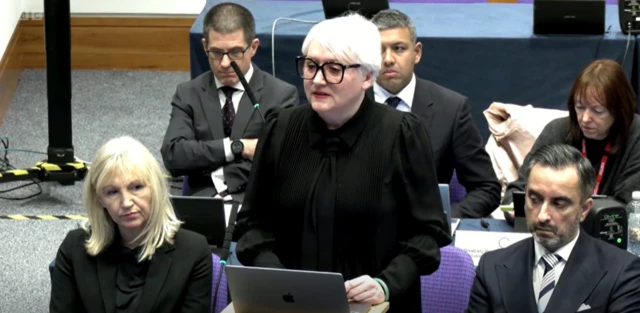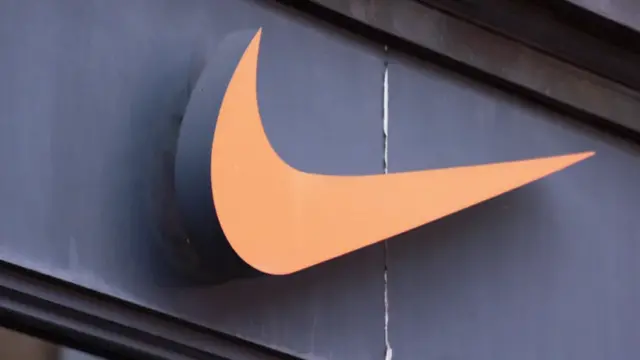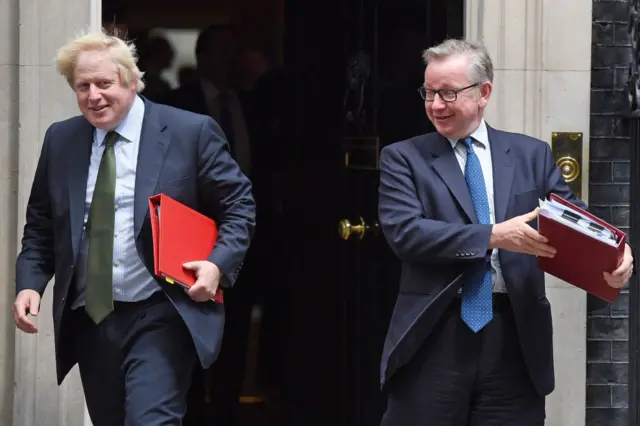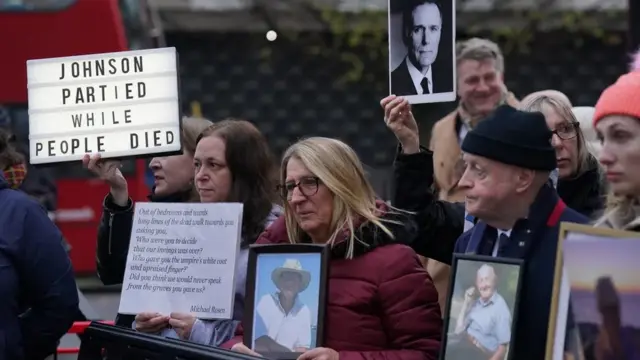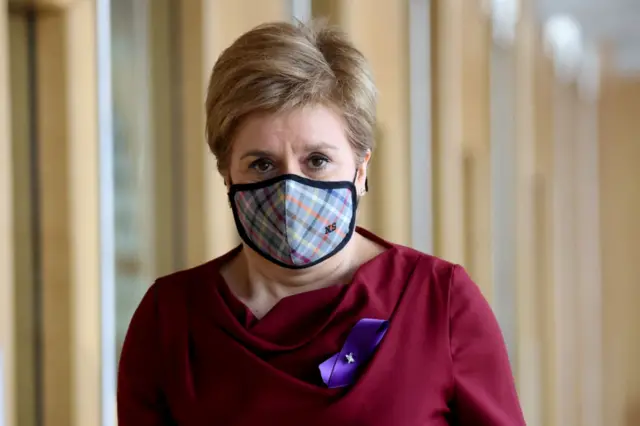WhatsApp messages should have been 'too important' to deletepublished at 14:43 GMT 16 January 2024
Ms Mitchell says some of the best evidence in previous Covid inquiry sessions two came from contemporaneous accounts such as WhatsApp messages.
She says it should have been clear to ministers these messages would be important to a future inquiry and they should not have been deleted.
"Did the deletion of messages continue after spring 2021?" she says
